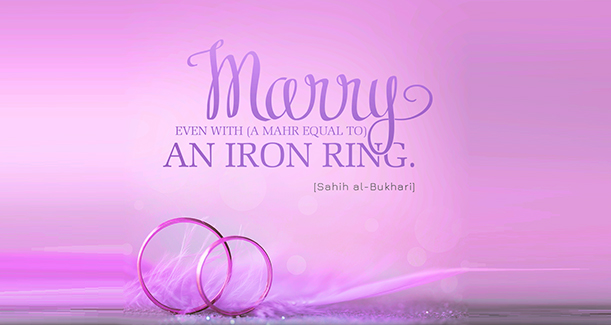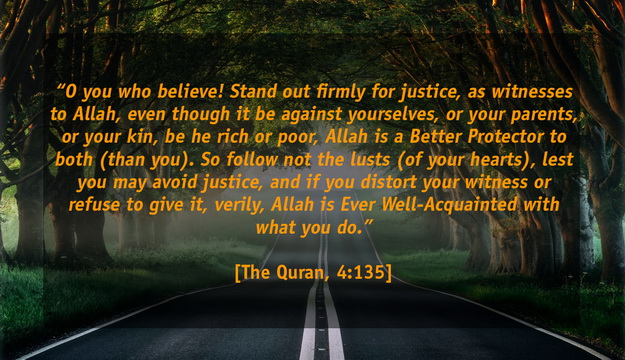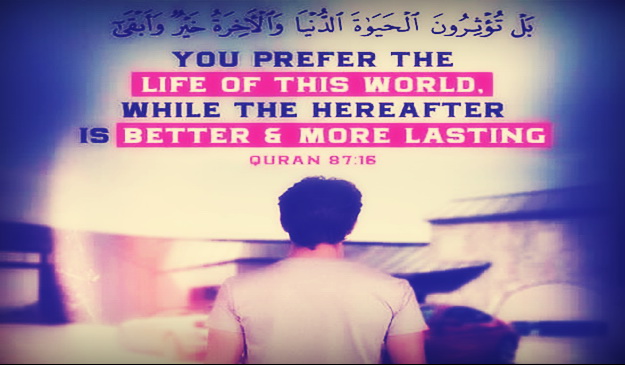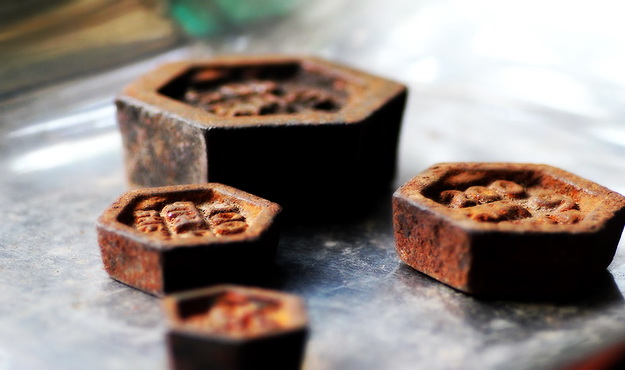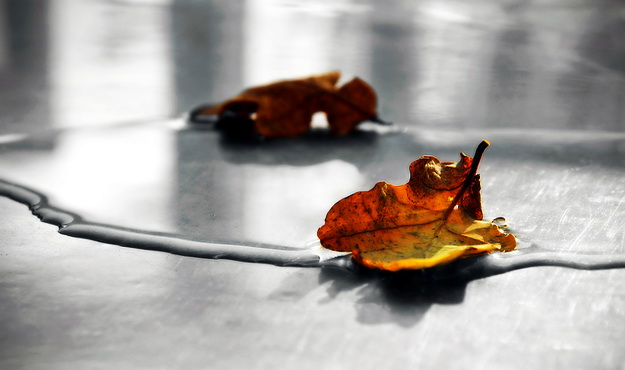Praise be to Allaah.
In the event of a calamity, epidemic or pandemic, the remedy is to repent to Allaah, may He be exalted, and humble oneself before Him and beseech Him, and to right any wrongs that have been done, and also to seek forgiveness a great deal, glorify Allaah a great deal, send blessings upon the Prophet (Sallallaahu alayhi wassallam), ask Allaah for well-being, and take measures to protect oneself and treat sickness, such as quarantine, and vaccinations and medical treatment if they are available.
The one who dies as the result of such contagious disease (Covid-19) may attain the reward of a martyr.
It was narrated from Abu Hurayrah (may Allaah be pleased with him) that the Messenger of Allaah (Sallallaahu alayhi wassallam) said: “The martyrs are five: the one who dies of the plague; the one who dies of stomach trouble (al-mabtoon); the one who drowns; the one who is crushed by a falling wall; and the martyr who dies for the sake of Allaah.” [Narrated by al-Bukhaari, 2674; Muslim, 1914]
In an addition narrated by al-Tirmidhi (1846), Abu Dawood (311) and Ibn Maajah (2803) it says: “… and the one who dies of pleurisy, and the woman who dies together (with her baby).”
Al-Nawawi said: … According to another report: “The plague is martyrdom for every Muslim.”
Al-mabtoon is the one who suffers from a stomach complaint, namely diarrhea.
Al-Qaadi said: “It was said that it is dropsy and swelling of the stomach. And it was said that it refers to the one who suffers from a stomach complaint. And it was said that it refers to the one who dies of a stomach complaint of any kind.”
The one who drowns is the one who dies from drowning in water; the one who is crushed by a falling wall means the one who dies beneath it; the one who dies of pleurisy is the one who suffers from inflammation in his side, internally. Burning refers to the one who dies in a fire. The women who dies together (with her baby) refers to a woman who dies during pregnancy along with her child, or it was said: one who dies a virgin. The former is the correct view.
– Sharh Muslim, 13/63.
Shaykh ‘Abd al-‘Azeez ibn Baaz (may Allah have mercy on him) said:
It is proven in a number of hadeeths that the Prophet (Sallallaahu alayhi wassallam) said that the one who dies by drowning, or because of the plague or a stomach disease (diarrhea) is a martyr. So the one who dies of the plague is a martyr, the one who dies of a stomach disease is a martyr, the one who drowns is a martyr, the one who is crushed by a falling wall is a martyr, the one who is killed for the sake of Allaah is a martyr, the one who dies for the sake of Allaah is a martyr, and there are a number of others who are martyrs.
This is by the grace of Allaah, so that this ummah will have an advantage in terms of great reward, but the best of them are those who are martyred for the sake of Allaah, who are killed for the sake of Allaah. They are the best, and they are not to be washed (ghusl), and the funeral prayer is not to be offered for them, for they are alive with their Lord and given provision. Martyrs other than those who were martyred for the sake of Allaah, such as those who died of a stomach disease or the plague, or those who were killed by falling walls or drowned, are to be washed and the funeral prayer is to be offered for them. Included with them are those who die in vehicle rollovers and car crashes; they are likened to the one who is crushed beneath a falling wall, and there is the hope that they will have the status of martyrdom, but they are to be washed and the funeral prayer is to offered for them, as is done for those who die of stomach diseases or drowning. End quote.
– Fataawa Noor ‘ala al-Darb, 3/1426
JANAZAH REGULATIONS DUE TO COVID-19 RESTRICTIONS
ONE
If you cannot perform ghusl (washing) of the deceased person due to the COVID-19 restrictions, then make tayammum (purification with earth) instead.
How to make tayammum: Strike the earth with both hands, wipe the face of the deceased, then his hands. Then shroud as normal with three large sheets, pray the janazah and bury.
(See Majmu’ Fatawa wa Maqalat Mutanawwi’ah 13/123 of Shaikh Al-Islam Abdul-‘Aziz bin Baz and Fatawa fi Ahkam Al-Jana’iz of Al-‘Allamah Al-Imam, Muhammad bin Salih Al-‘Uthaimin, p. 213-214)
TWO
If you cannot perform ghusl or tayammum because of the COVID-19 restrictions, then shroud him with three large sheets, pray the janazah and bury your deceased. This is due to the fact that the Prophet (Sallallaahu alayhi wassallam) commanded that the janazah be hastened and not delayed, he said: “Hurry with the burial.” (Bukhari, no. 1315).
And, if the COVID-19 restrictions disallow touching the body, even with rubber gloves, then that does not prevent the Muslims from doing as much as they are able for the deceased Muslim in fulfilling his rights. This is due to the saying of Allaah (the Most High): “Fear Allaah and keep your duty to Him as much as you can.” (At-Taghabun: 16) – And due to the saying of the Prophet (Sallallaahu alayhi wassallam): “And whatever I command you with do as much of it as you are able.” (Bukhari and Muslim) So, the Muslims are commanded to do as much as they can in fulfilling their obligations.
Delaying the burial of Muslims for weeks (or months) while waiting for the authorities to lift the restrictions is not correct since the regulations concerning the person who is assumed to have died from COVID-19 are unlikely to alter regardless of time – and due to the fact that the Messenger (Sallallaahu alayhi wassallam) commanded with hurrying the burial and not delaying it.
(See Majmu’ Fatawa wa Maqalat Mutanawwi’ah 13/181-182 of Shaikh Al-Islam Abdul-‘Aziz bin Baz, and Fatawa fi Ahkam Al-Jana’iz of Al-‘Allamah Al-Imam, Muhammad bin Salih Al-‘Uthaimin, p. 77).
THREE
If the body is sealed in a plastic bag (or a body-bag) by the authorities and the legal restrictions do not allow the bag to be opened, therefore neither ghusl or tayammum is possible. In that case, the plastic body bag is shrouded in three large cloth sheets, followed by the janazah prayer and burial.
(See Majmu’ Fatawa wa Maqalat Mutanawwi’ah 13/128-129 of Shaikh Al-Islam Abdul-‘Aziz bin Baz).
FOUR
If the COVID-19 restrictions do not allow large numbers of Muslims to pray janazah for the deceased so that even close relatives are forced to miss the janazah, then it is permissible for a small group to pray janazah for the deceased and then bury him – and then those that were not able to pray can visit the grave in small groups (or even individually) and pray janazah over a period of a few weeks next to the grave.
This is done by standing so that the grave of the deceased is between you and the Qiblah, and then pray the janazah as normal. The Prophet (Sallallaahu alayhi wassallam) did this for a woman who had died in the night, so the Companions prayed her janazah and she was buried – the Prophet (Sallallaahu alayhi wassallam) was not informed, so he went to her grave and prayed the janazah.
(See Majmu’ Fatawa wa Maqalat Mutanawwi’ah 13/153 of Shaikh Al-Islam Abdul-‘Aziz bin Baz)
FIVE
The Muslims, even in small groups should make three rows behind the Imam. The Abu Umamah (radhiallaahu ‘anhu) stated: “The Prophet (Sallallaahu alayhi wassallam) prayed janazah and there were with him only seven people. So, he placed three in the first row, two in another row and two more in another row.”
(At-Tabarani in Al-Kabir, no. 7785 and authenticated by Al-Imam Al-Muhaddith, Al-Albani in Ahkam Al-Jana’iz, p. 127)
SIX
If the deceased Muslim was buried by the authorities without anyone having prayed over him, especially in non-Muslim countries, then the Muslims must ask for the location of the grave and pray at the grave as explained previously.
And if the Muslims do not know where he was buried, they can establish the janazah prayer in the absence of the body as the Messenger of Allaah (Sallallaahu alayhi wassallam) did for Najashi (rahimahullah), the king of Abyssinia. In this situation, the janazah is performed in the normal manner except that the body is not present.
SEVEN
It is permissible to perform the janazah in the same room where the washing and shrouding of the deceased took place. And janazah prayer in an open area outside of the Masjid is better, even though it is permissible to pray it in the Masjid.
(See Majmu’ Fatawa wa Maqalat Mutanawwi’ah 13/157 and 13/164 of Shaikh Al-Islam Abdul-‘Aziz bin Baz)
EIGHT
When praying janazah, make the rows in the prayer as normal. However, if the COVID-19 restrictions prevent that, then keep the required gaps between each person and pray the janazah in that fashion. This is due to the saying of Allaah, the Most High: “Fear Allaah and keep your duty to Him as much as you can.” (At-Taghabun: 16) – And due to the saying of the Prophet (Sallallaahu alayhi wassallam): “And whatever I command you with do as much of it as you are able.” (Bukhari and Muslim)
NINE
It is allowed to bury more than one person in a grave if there is a need for that, such as a situation where the bodies of deceased are numerous and the places to bury them are few. In this situation, the Muslim who knew more Quran is placed first, closest to the Qiblah in the grave – and they are laid next to each other. The scholars have also stated that between each of the deceased there should be a barrier (or mound) of soil.
(See Fatawa fi Ahkam Al-Jana’iz of Al-‘Allamah Al-Imam, Muhammad bin Salih Al-‘Uthaimin, p. 213-214)
Source:
islamqa.info/en/answers/148735/is-the-one-who-dies-in-a-car-accident-a-martyr-shaheed
abukhadeejah.com/regulations-janazah-ghusl-shrouding-and-burial-under-covid-19-restrictions
 navedz.com a muslim's Quest for the truth
navedz.com a muslim's Quest for the truth

